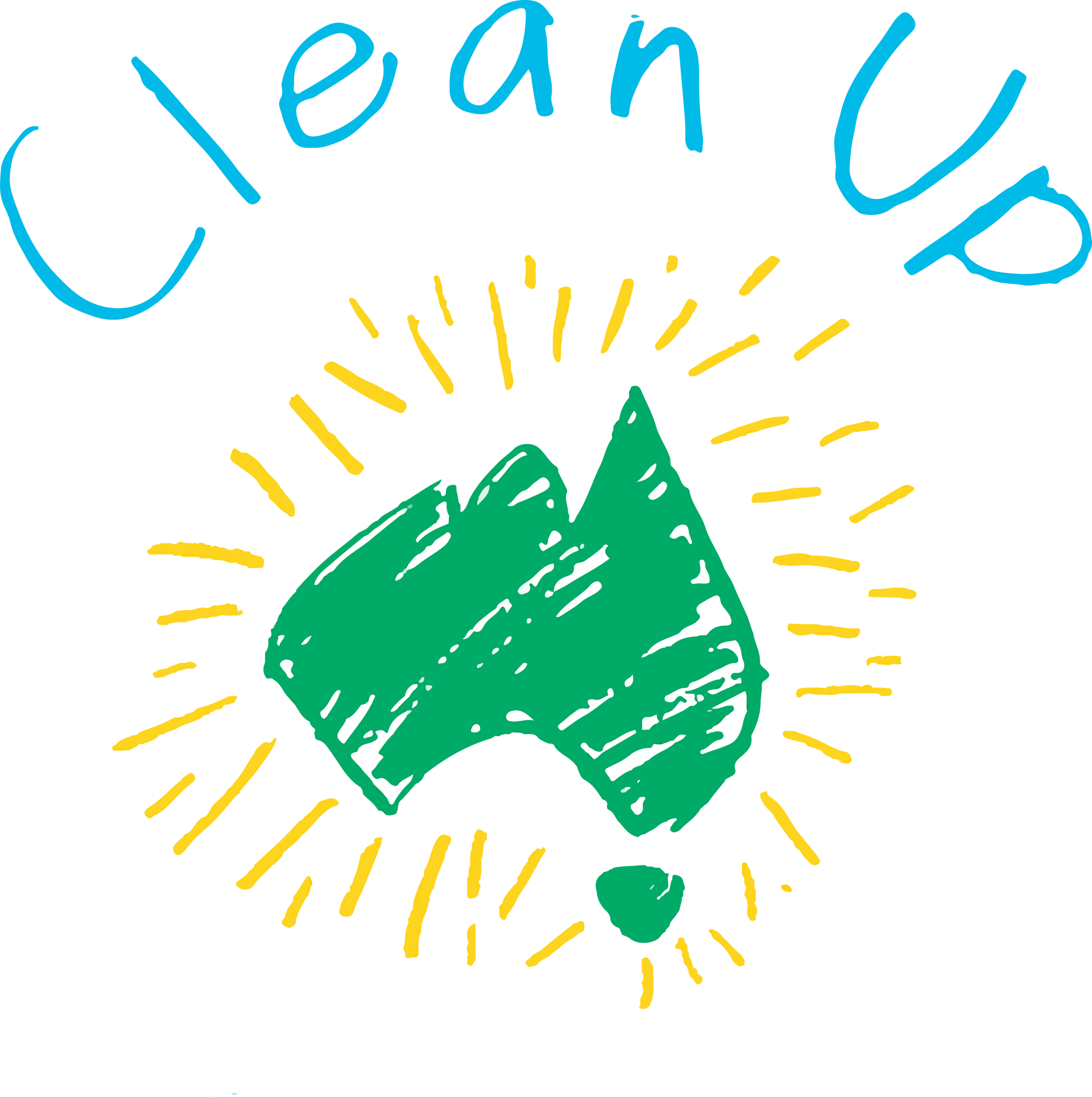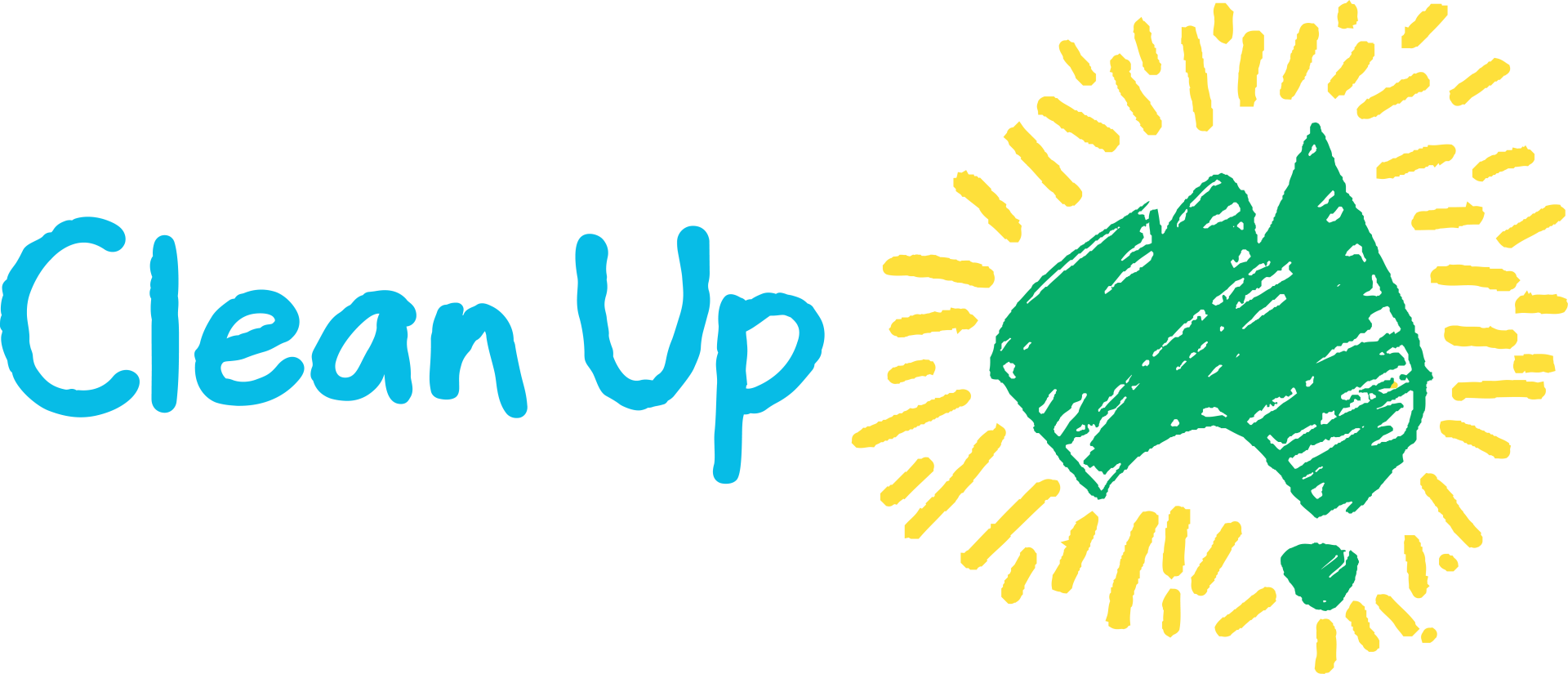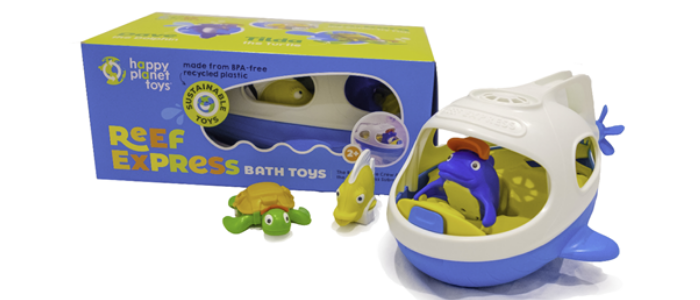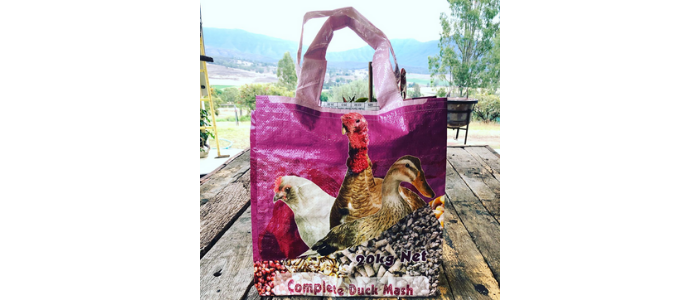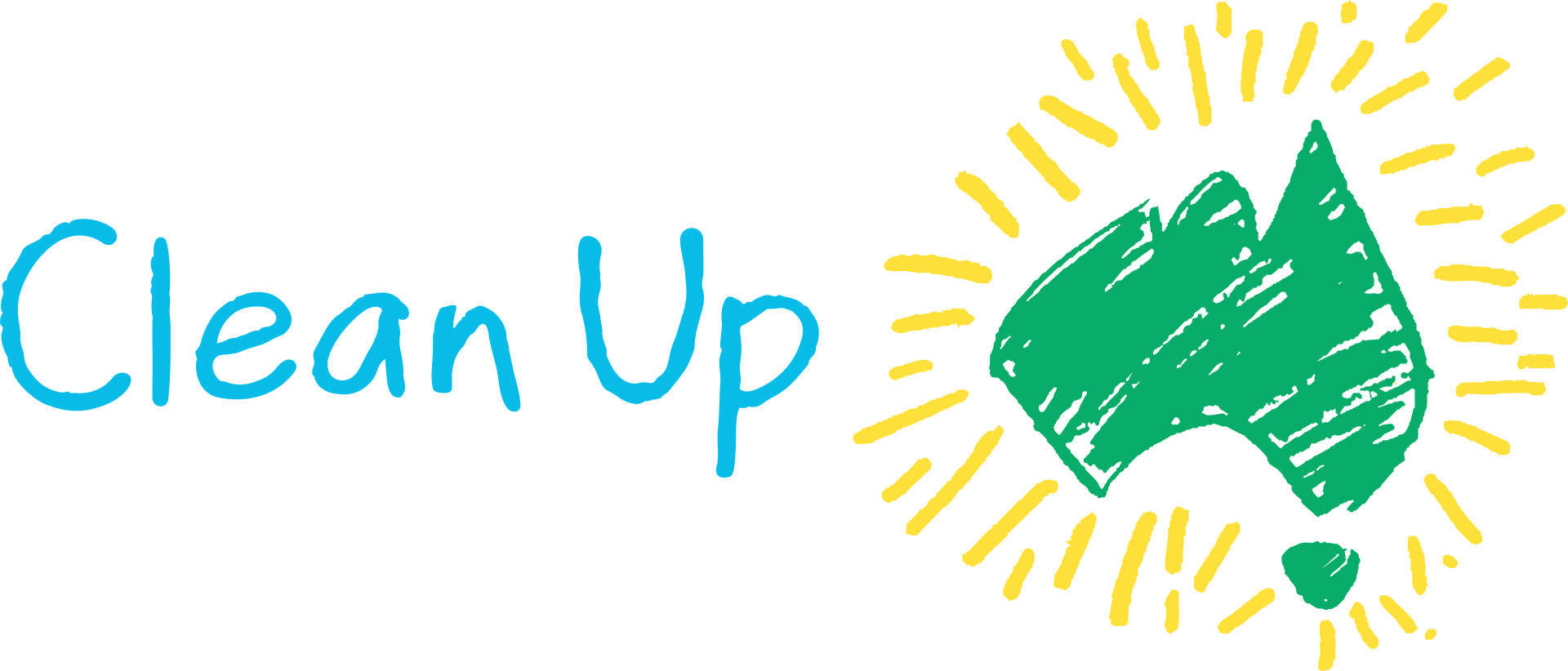Are you a good citizen when it comes to buying recycled?
by Alison Hill
For a truly circular economy to flourish, we need to close the loop and use recycled materials to create products that business, government and consumers want and need.
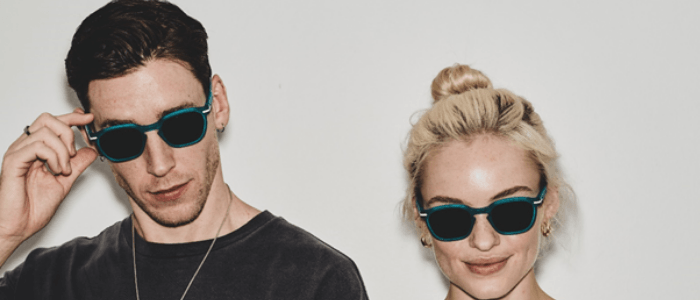
There’s never been a better opportunity to ramp up the circular economy. New recycling laws will soon come into effect in Australia, banning waste exports, and with it will come a shift in attitudes towards seeing ‘waste’ as a resource with inherent value.
While the new rules won’t be fully operational until 2024 and we have yet to build proper recycling facilities to handle all waste streams, plenty of small businesses are already showing the way.
Here are just three who are creating beautiful, useful and inspiring products that use recycled plastics, keeping possibly the most problematic kind of junk out of landfill. See what good citizens you can be.
It was their children’s fears about the amount of plastic piling up on the planet that spurred Jocelyne and Nik Robinson to start Good Citizens, a truly family business. Their stylish sunglasses have frames made entirely from recycled PET plastic bottles – the kind you put in your roadside recycling bin. They’re sorted, cleaned and pelletised in Thailand, as Australia currently doesn’t have the capacity to recycle mixed plastics (although that will soon change with the government’s promised funding and support for the recycling industry). The frames are then created in Sydney by injection moulding, with every part made from the recycled plastic. One 600 ml bottle becomes one pair of stylish sunglasses.
It was a long and difficult process. “It’s really hard,” says Nik. “Virgin PET behaves like water when you melt it, it flows nicely into a mould. Recycled PET is like treacle. It’s gluggy and difficult to work with. So it’s not easy, but we’ve proved that it can be done with some determination and experts and people willing to give it a go,” he says.
Another problem was making a product that people would really want. “The issue we find with eco products is that people go, ‘it’s eco, I probably ought to, but I don’t really like it that much’. We wanted to make something that was really stylish and desirable, and so we felt we couldn’t launch unless it was absolutely perfect,” says Nik.
Their sunnies are so perfect that they have been in a window display in London department store Selfridges as part of the retailer’s Project Earth initiative. Good Citizen further lives up to its name by pulling a kilogram of plastic waste out of the ocean for each pair sold.
It’s not all sunshine, though. The company battles with consumers’ understanding of what buying recycled means.
“We really struggle with the greenwashing that goes on with recycling,” says Nik. “It will turn out that a ‘recycled’ product contains 10% recycled material, and of course, that’s good. However, it’s not recycled. There’s still 90% virgin plastic or materials going into that. One of the reasons why we took so long to get to market was because we refused to add anything, we wanted to be a hundred per cent recycled.”
They were constantly battling people’s misconceptions of what recycled materials are, and the companies who are not truly using recycled materials. “Companies get away with it. They’ll do a capsule collection which is recycled, and they get this halo effect across all of their products,” says Nik. “There’s that education component for consumers, and I think that’s where we need to focus. That’s why we’re doing what we’re doing. It’s to educate consumers and to make people think twice about buying that bottle in the first place, to think about what they do with it.”
Educational toys for a happy planet
Happy Planet Toys is the creation of Miranda Davidson. The mum of three was despondent when she saw all the extra plastic around the home that having kids inevitably leads to. When one of her sons wanted yet another truck for Christmas, “it was that moment of oh my goodness, we have so many trucks – how can we have another truck?”, she says. “But of course you don’t want to take that joy away from the children at Christmas, so I was looking for sustainable toys.”
When she couldn’t find sustainable toys that were also fun to play with, she began thinking about what she could do about it. Then the recycling crisis caused by China no longer accepting waste from Australia hit, in mid-2017. Miranda wondered how she could use the material that could no longer be exported, and at the same time make toys that children would love to play with that also had an educational side.
The toys she and her engineer husband James came up with are designed for water play. Just released is the Octo-buoy, a set of stacking cups shaped to scoop, shower and stimulate kids’ imaginations. The toys are all made from recycled milk bottles, which is food grade HDPE, safe for small mouths as well as for the planet. All Happy Planet toys are safety tested and minimally packaged in recyclable cardboard. The milk bottles are sterilised and shredded into pellets, which are then heated, coloured and moulded to make the toys. They are long lasting, meaning they can be passed on for years. And at end of their life as toys they can be recycled once more by dropping them into the yellow bin as they contain no metal or other substances, truly closing the loop.
There are so many environmental benefits to a closed-loop economy. Miranda Davidson of Happy Planet Toys says it’s about both getting the recycling process right and creating the products. “If there’s no products to be created from it then what’s the point? That’s message that we’re trying to push,” she says. “We need more products made from the material that we’re recycling correctly, and then to create really compelling products that close that loop.”
Cara McLeod runs her business, Rethunk the Junk, from her home in Queensland’s Lockyer Valley. She makes quirky tote bags and other items from plastic feed and grain bags, working the images of chooks, calves, horses and birds into her designs. It was bottle feeding her own calf that started her on the road to hand-making her creations and keeping the plastic sacks out of landfill. Then she saw bags from stock feed blowing around the roadside near her home and her neighbours’ bins overflowing with the woven plastic sacks. “It just makes me ill to think about it, because I know they don’t break down,” Cara says. They’re so hardy, they’re an amazing bag, but it makes me sad to think how many are out there.”
She put a call-out on Facebook for used bags. She now has four people who regularly collect bags for her, as well as her own. Her workshop is in a spare bedroom, and she describes her two sewing machines as ‘old clangers’. She clearly loves the process of creating her range. “It’s not an industrial product,” she says. “It’s not a high-end product either. I’m just trying to do my best to get them out there so that they’re reused. It’s not about making profit or anything like that.
Cara is hoping Christmas will see even more upcycled bags being bought and gifted. “I hope people will buy them for, say, a teacher”, she says. And at just $16 for a BarnBag combo of bag, a storage pouch and a keyring, it’s an ideal gift for teachers, colleagues and Kris Kringles. Cara also makes earrings, coasters, aprons, stubby holders and plant pots.
Alison Hill writes features and web copy from the Blue Mountains west of Sydney.
Clean Up Australia is making is easy for you to buy recycled products and packaging, enabling valuable materials to cycle through the economy, preventing waste-to-landfill and saving resources:
We need your help to build the BUY RECYCLED Collections! We want to showcase as many Recycled Content Products (RCPs) and products with recycled packaging as we possibly can. Here's how to list or suggest a product that we can feature.
Search for other blog topics:
